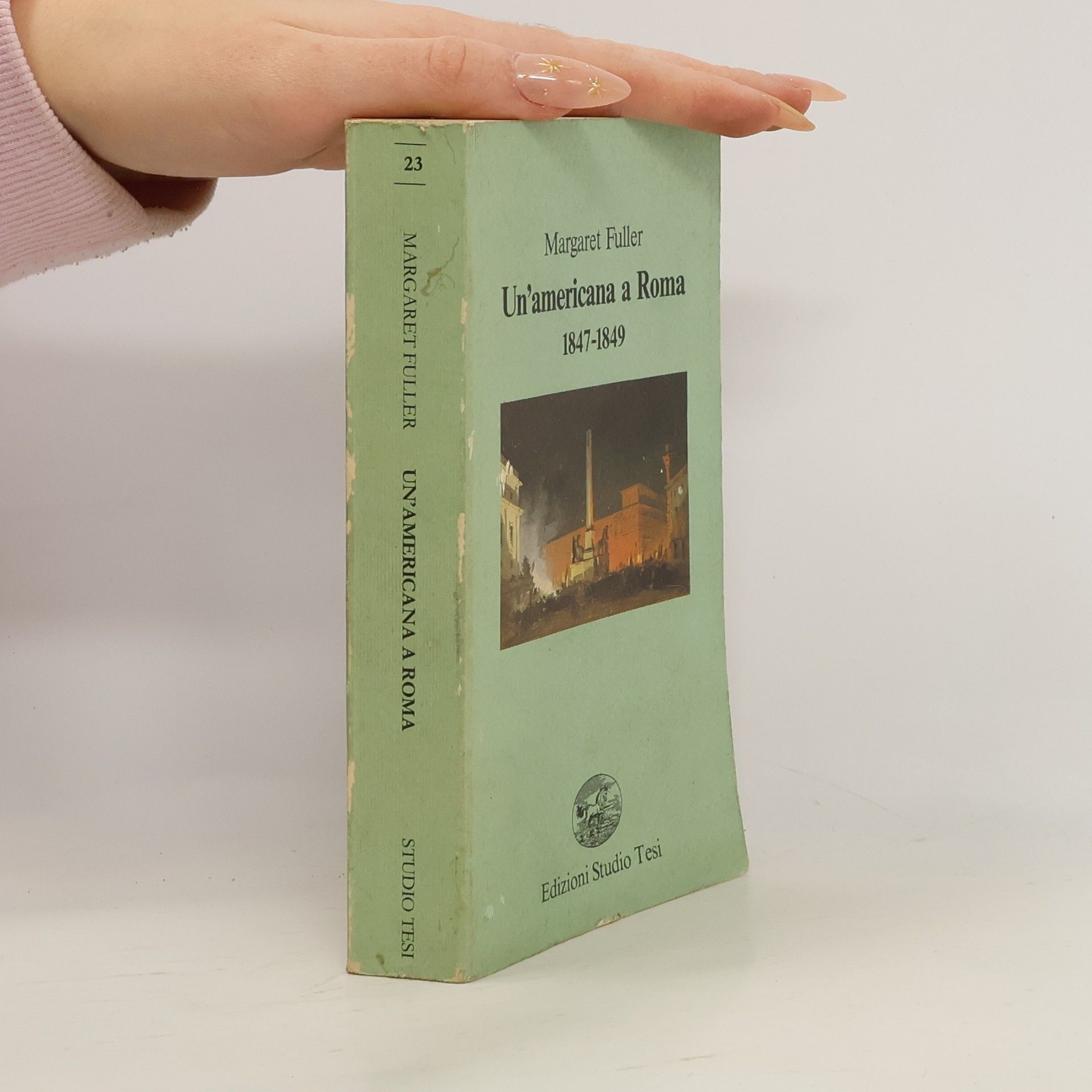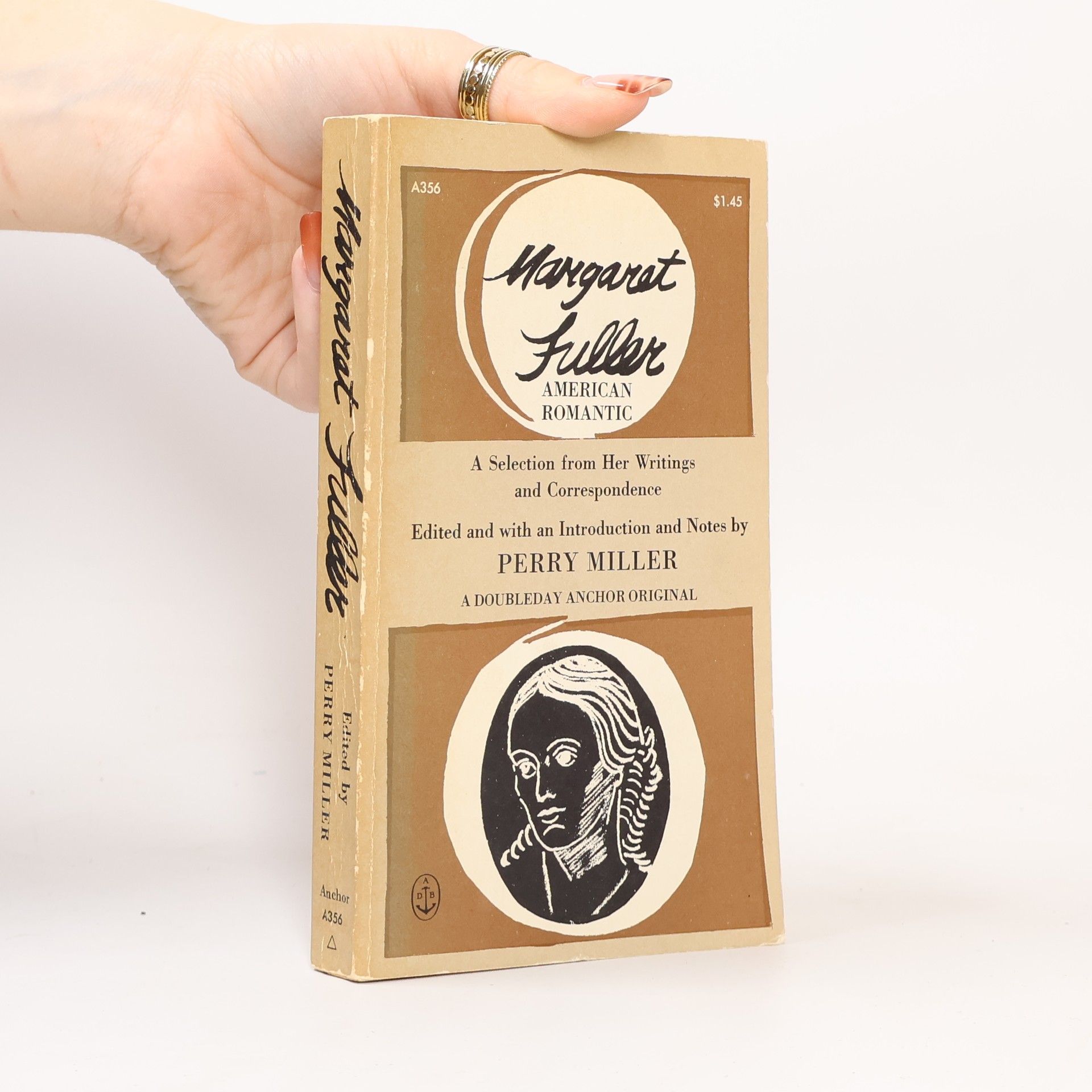Margaret Fuller: Collected Writings (Loa #388)
- 850 pages
- 30 hours of reading
Margaret Fuller was a towering figure of American transcendentalism, a journalist, and a critic who championed women's rights. She served as the first full-time female book reviewer in journalism, and her seminal work, "Woman in the Nineteenth Century," is recognized as the first major feminist text in the United States. Fuller was renowned for her "conversations," intellectual gatherings designed for women to compensate for their limited access to higher education. Her writing is characterized by its intellectual rigor and bold engagement with social reform, advocating for causes such as prison reform and the emancipation of enslaved people. Her lifelong dedication and insights have solidified her legacy as an inspiration to many advocates for women's rights and feminism.





Includes:Autobiographical SketchBettine Brentano and Her Friend GunderodeSummer on the Lakes, During 1843Woman in the Nineteenth CenturyNew-York Daily Tribune ColumnsNew-York Daily Tribune DispatchesLetters
in large print
The book is a reproduction of a historical work, published by Megali, which focuses on making literature accessible through large print editions. This initiative aims to assist individuals with impaired vision, ensuring that they can enjoy and engage with important texts from the past.
A Selection from Her Writings and Correspondence